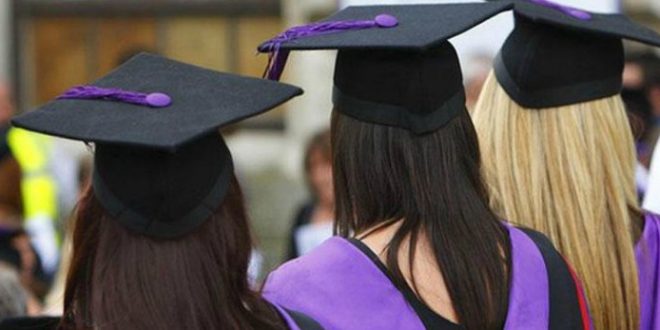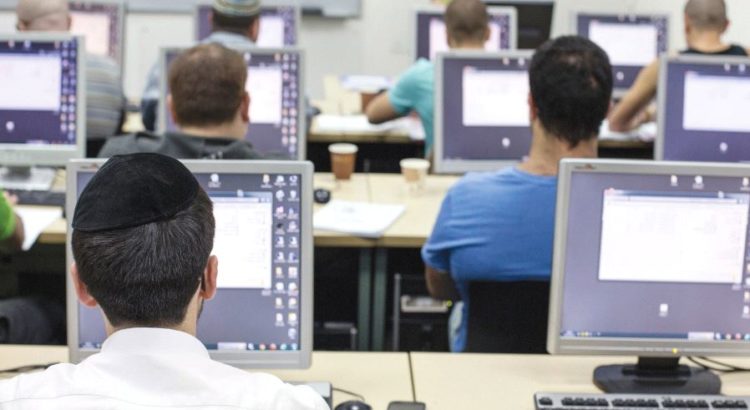Armenia/ August 26, 2017/Source: http://www.panarmenian.net
Byblos Bank Armenia CJSC and American University of Armenia have teamed up for a new student loan project which makes higher education more accessible and affordable. AUA graduate students who need financial support can get student loans to cover their tuition fee.
The project provides up to 80% funding of the education fee with an annual interest rate of 5% interest rate and a grace period. During the period of studies at AUA and the following six months only the interest will be paid off. The principal and the interest will be paid during the next thirty months.
Hayk Stepanyan, Chief Executive Officer of Byblos Bank Armenia noted: “Education has always been in the focus of attention of Byblos Bank. This loan project with American University of Armenia will help more students have access to quality higher education programs, reveal their potential and succeed in the job market. Moreover, starting from 2017 academic year the Bank has granted scholarships to AUA students. We hope that our cooperation with AUA will contribute to the development and well-being of our society.”
The loan with preferential terms will be provided in Armenian dram to students with good credit history and two guarantors.
Armen Der Kiureghian, President of the American University of Armenia noted, “The amount of money spent for quality education can become the most profitable investment ever made. Due to the education at AUA there is growing demand for our graduates in the labor market. There is also growing trust in their ability to fulfill their loan commitments. With this partnership our university makes a step forward towards making education accessible for students who most need financial support. We are confident that many students will benefit from this unique opportunity.”
Students can apply for the project by 4 September of the current year, by writing an e-mail to to the American University of Armenia at financialaid@aua.am.












 Users Today : 61
Users Today : 61 Total Users : 35460444
Total Users : 35460444 Views Today : 106
Views Today : 106 Total views : 3419269
Total views : 3419269